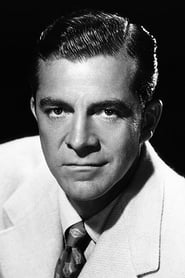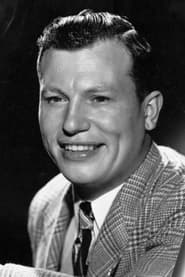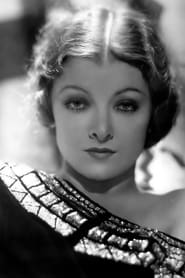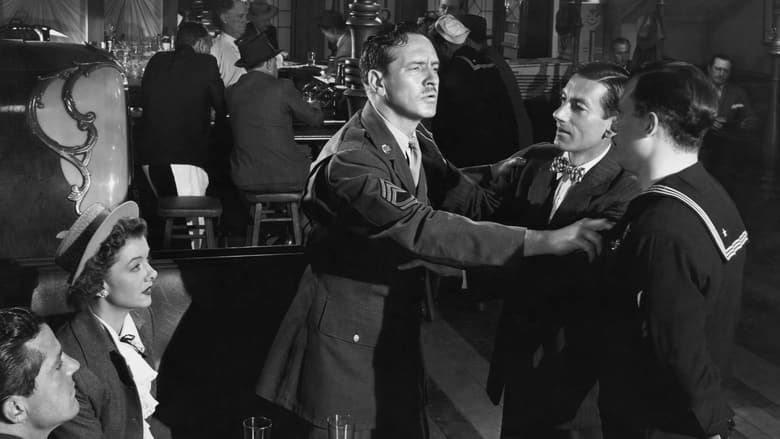
The Best Years of Our Lives (1946)
2h 51m | PG-13
It's the hope that sustains the spirit of every GI: the dream of the day when he will finally return home. For three WWII veterans, the day has arrived. But for each man, the dream is about to become a nightmare.
Director: William Wyler
Studio: The Samuel Goldwyn Company
Genre: Drama, Romance
Video: 720p
Cast

Dana Andrews
as Fred Derry

Fredric March
as Al Stephenson

Harold Russell
as Homer Parrish

Teresa Wright
as Peggy Stephenson

Myrna Loy
as Milly Stephenson

Cathy O'Donnell
as Wilma Cameron
Reviews
Another great Willy Wyler movie. The story, with time, is quite expectable but the characters are well defined and developed by the cast. Also, it is a good (and probably, too positive) review of the after WWII war lives of the US veterans. A must to be seen.
This is really quite a touching story, recounting the experiences of three American veterans of WWII who return home and have to adapt to their new, not always welcoming, circumstances. Frederic March is "Al" who returns to a senior position in a bank - responsible for helping other returning soldiers with loans to start to get their lives back together; "Fred" (Dana Andrews) returns to a far less optimistic outlook, ending up working for peanuts selling perfume in a drug store, and finally the outwardly cheery "Homer" - who lost both his hands and who cannot decide whether his long term fiancée actually loves him anymore, or just feels pity. William Wyler and Robert Sherwood manage to interweave the inter-connected tales poignantly, illustrating the frustrations, bordering on despair, not only of the three men - in completely different ways; but also of their respective partners who must also adjust to their return, and to their new circumstances once the war is has been won. There are some strong performances from their ladies too - Myrna Loy and Teresa Wright, less so the always rather wooden Virginia Mayo and by the end you do have some, slight, semblance of an idea of just how tough it was for these men to lose the security and discipline of their army lives and to cope with a life that has, in many cases, just moved on without them.
